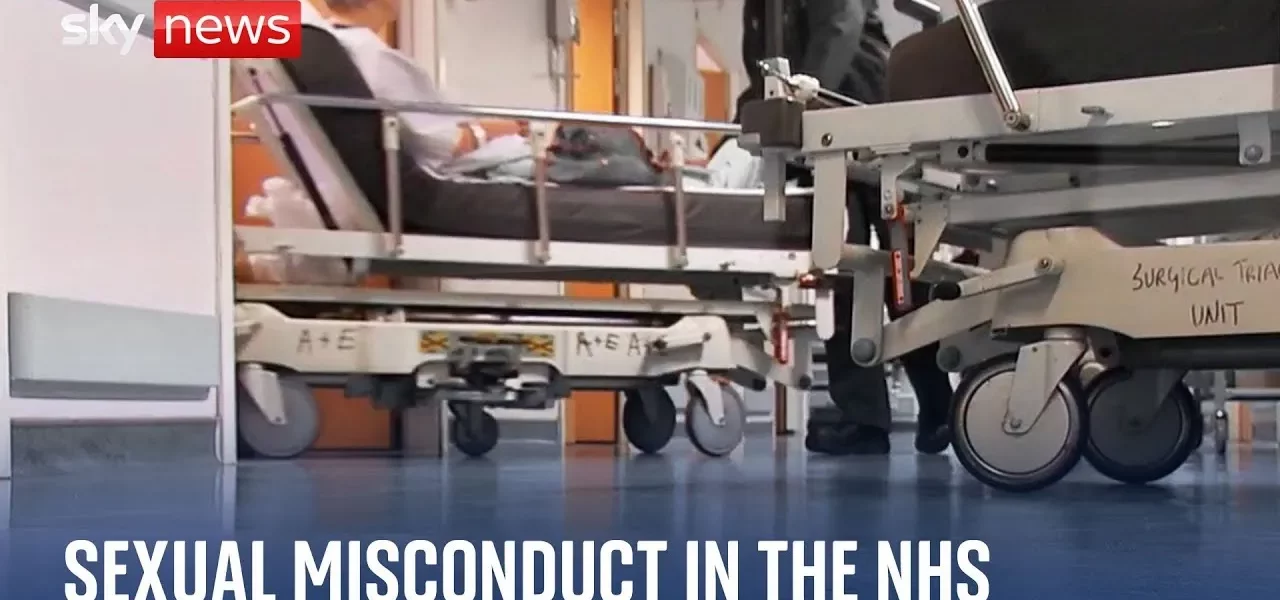Shocking Experiences of Paramedics Facing Sexual Harassment in the NHS

This article delves into the alarming incidents of sexual harassment experienced by paramedics within the NHS, highlighting the need for cultural change and protective measures in the workplace.
Introduction
The healthcare sector, known for its dedication to saving lives, harbors a troubling culture of sexual harassment that has come to light in recent investigations. Among the most affected are paramedics, like Freya, whose aspirations to help others were overshadowed by traumatic experiences of workplace misconduct. This article explores her story and the broader implications for the NHS, as well as the measures being taken to address this pressing issue.
Freya’s Experience
Freya, a paramedic dedicated to her role, faced relentless sexual harassment from her colleagues. Her story is a testament to the severe impact such behaviors can have on individuals who are committed to public service.
A Moment of Shock
In one harrowing incident, Freya described a moment of shock when a colleague inappropriately touched her. She recounted, “He just put his hand straight down my top. I was like, yeah, in shock. I couldn’t move. I didn’t know how to react. I just froze.” This reaction is common among victims of harassment, who often find themselves paralyzed in the face of such violations.
The Consequences
The emotional and psychological toll of these experiences is profound. Freya stated, “I have scars mentally and physically, and I had the career I so loved stolen from me.” This highlights the long-lasting effects of workplace harassment, which can lead to feelings of loneliness and distrust.
The Broader Issue in the NHS
Freya’s experience is not isolated; it reflects a disturbing pattern within the NHS. Investigations by Sky News have revealed a culture of tolerance toward inappropriate behaviors, raising significant concerns about workplace safety and staff wellbeing.
Investigative Findings
As more paramedics come forward with their experiences, the scale of sexual harassment in the NHS is beginning to be understood. Key findings include:
- Numerous accounts of sexual misconduct reported by paramedics.
- A culture that often discourages reporting due to fear of retaliation.
- Logistical challenges in raising complaints, which can further silence victims.
Measures for Change
In response to these alarming revelations, NHS bosses are implementing new policies aimed at eradicating sexual harassment and fostering a safer workplace for all staff.
Anonymous Reporting
One notable initiative is the introduction of anonymous reporting systems, designed to allow staff to report inappropriate behavior without fear of being identified. This is seen as a crucial step toward rebuilding trust and encouraging more victims to come forward.
Comprehensive Training Programs
Alongside anonymous reporting, comprehensive training programs are being developed, focusing on:
- Recognizing and addressing sexual harassment.
- Creating a culture of respect and support within the workplace.
- Empowering staff to speak up safely about their experiences.
Conclusion
Freya’s story and the ongoing investigations into sexual harassment within the NHS reveal a critical need for cultural change and protective measures in healthcare settings. While the introduction of anonymous reporting and training programs is a move in the right direction, it is essential for these initiatives to be effectively implemented and supported by all levels of management. As more voices join the call for change, it is hoped that a safer and more respectful environment can be cultivated for all healthcare professionals. If you or someone you know has experienced similar issues, it is crucial to speak out and seek support. Together, we can work towards a healthier future for those who dedicate their lives to saving others.
“`




